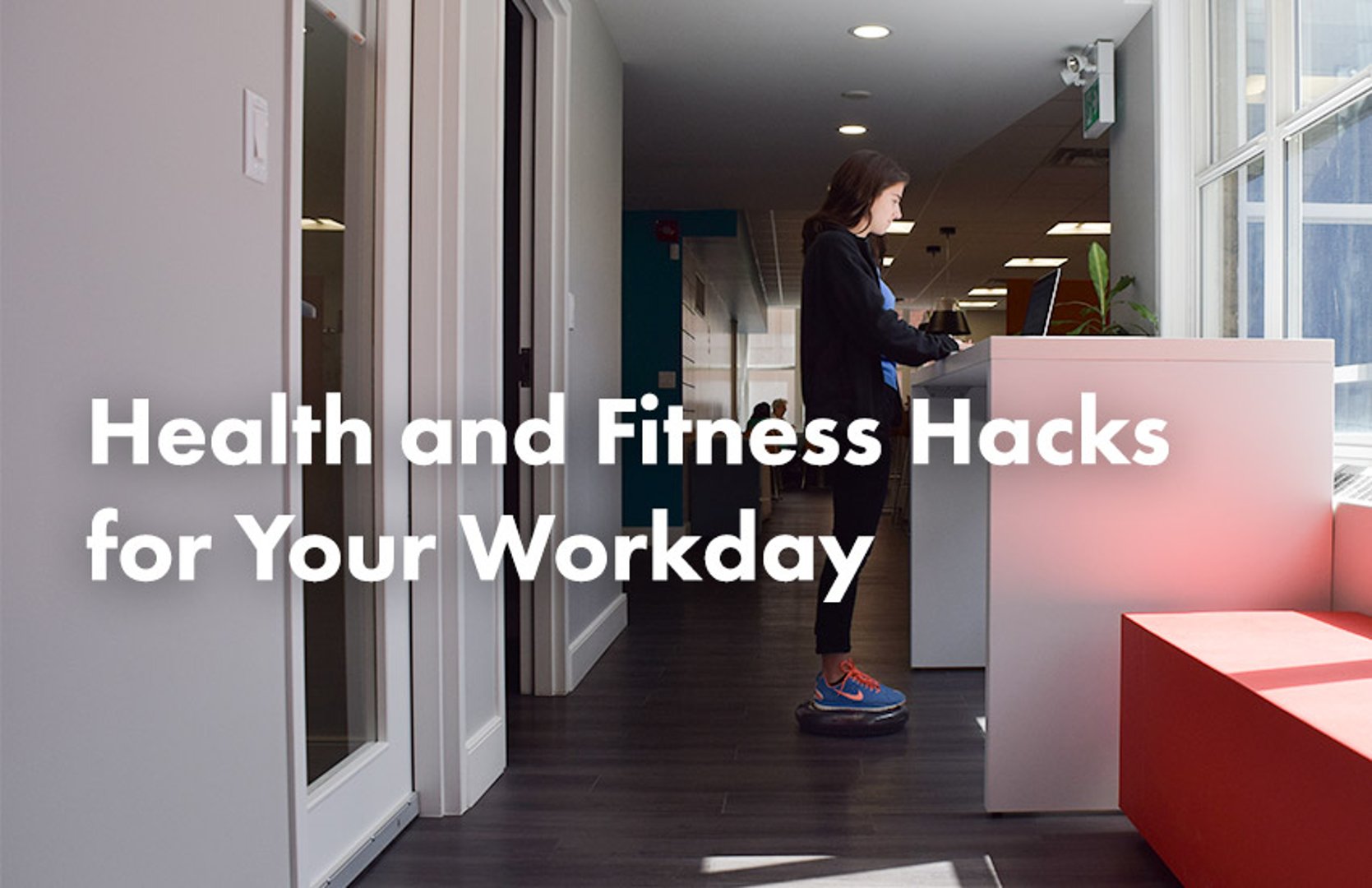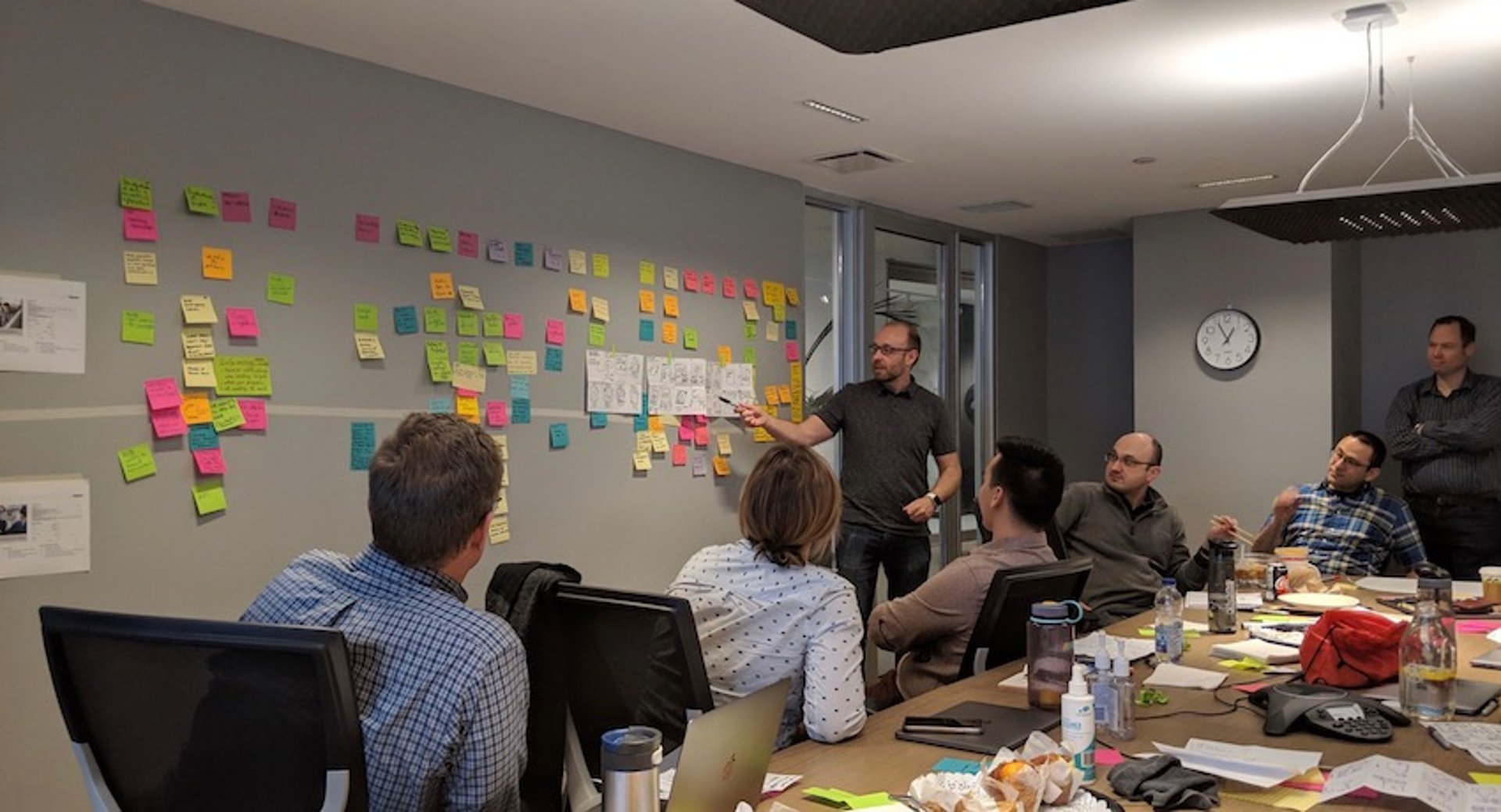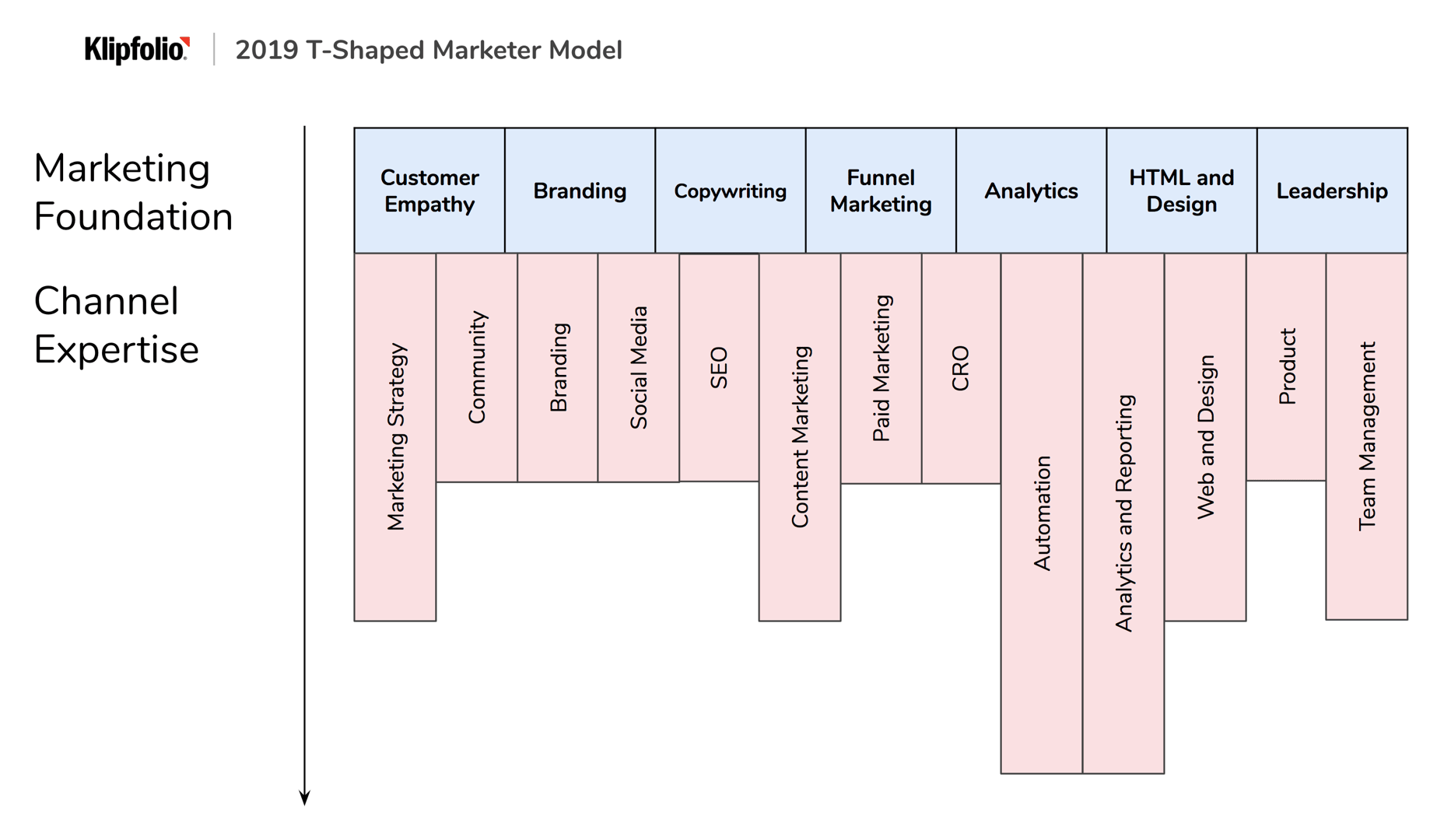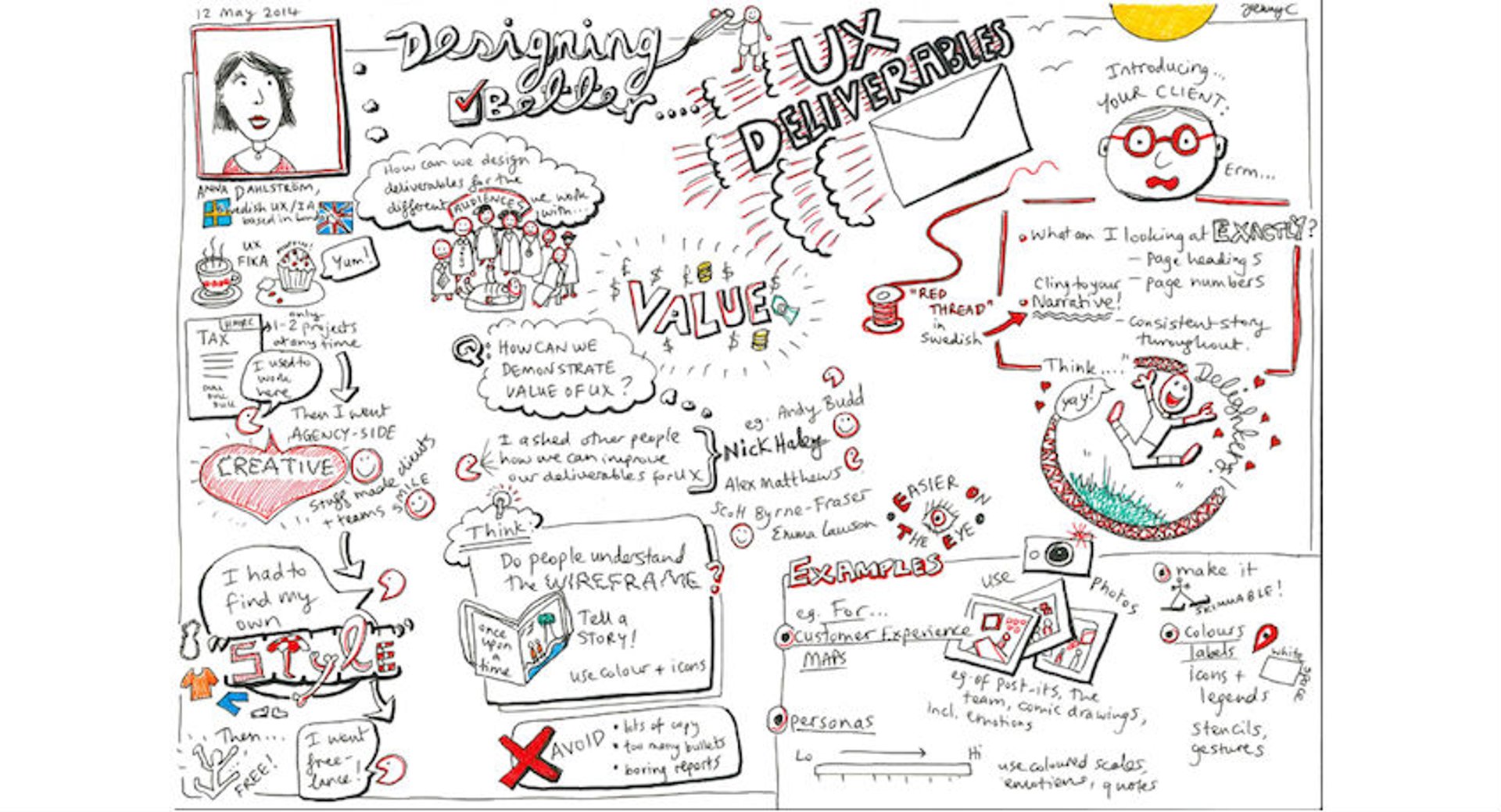Thought Leadership blogs
A collection of our most recent articles on

The top 3 most shared blog posts from 14 digital marketing influencers
By Jonathan Milne — July 19, 2017

Blood, sweat and metrics: Creating an online KPI/metrics community
By Allan Wille, Co-Founder — September 20, 2019

Best Team Collaboration Tools List
By Jonathan Milne — October 5, 2018

What are the best venture capital blogs?
By Jonathan Milne — November 15, 2017

Embracing the new-age of accounting: keep up or risk falling behind
By Stef Reid — July 9, 2018

Health and Fitness Hacks for Your Workday
By Danielle Poleski — May 18, 2016

On calm technology and business dashboards
By Cameron Conaway — July 29, 2017

Most Click-Through Data Is Wrong, and Here’s Why
By Dave Moll — August 29, 2018

The Power of Words
By Holly Ebbs — August 12, 2020

Creating a collaborative culture of innovation
By Daniel Bianchi — April 29, 2019

How to write a proposal
By Stef Reid — February 5, 2019

5 Killer Content Marketing Opportunities I’ll Bet You’re Missing (We Were Too)
By Jonathan Taylor — November 16, 2016

What is Self-management? The secret to productivity, growth, health and sanity
By Ali Pourshahid — April 26, 2017

Make your company’s data the source of your next blog post
By Mark Brownlee — January 16, 2019

Discover your Digital Marketing Specialization: The T-Shaped Marketer model
By Phil Gamache — May 3, 2019

Team Building Activities
By Jonathan Milne — February 20, 2019

Measuring the KPIs of your thought leadership program
By Mark Brownlee — July 14, 2017

Data Driven Agency Series Chapter 2: Using data to foster lasting customer relationships
By Marisha Sesto — October 15, 2018

Thriving in a tempest: What we learned about product management during Klipfolio’s start-up phase
By Scott Lawrence — October 31, 2017

My top 10 favourite teamwork quotes highlighting the power of collaboration
By Jonathan Milne — July 10, 2018

Why I Broke My Golden Rule of Internships
By Melody Habbouche — April 18, 2019

The SaaS products marketing leaders can’t (and shouldn’t) live without
By Stef Reid — December 19, 2018

Using website data to predict and avoid a hacker attack
By Garry Brownrigg — September 16, 2019

How to structure UX research
By Tomasz Ogrodzinski — June 22, 2017

This is how we put the customer first
By Abdul Hagi — November 22, 2017

With so much data out there, why is there so little trust?
By Allan Wille, Co-Founder — March 23, 2022

Klipfolio for Executives: An Interview with digital agency CEO Dave Hale
By Mitch Dupuis — July 10, 2019

The 5 ways to make your business partnership last a lifetime
By Shaughn Finnerty — July 5, 2018

Six Tips to Stage your Company with Confidence
By Mike Pascoe — June 30, 2020

The fundamentals of account-based marketing measurement
By Mark Brownlee — May 28, 2018

Why metrics are the key to confident decision making
By Graham Watts — July 31, 2023

Let’s fix analytics so we can stop asking you for dashboards
By Cathrin Schneider — September 11, 2023

Strategic Planning and The BIG Impact of SMALL Data
By Brett Knowles — December 20, 2018

Promoting data literacy with metrichq.org and the power of AI
By Allan Wille, Co-Founder — October 12, 2023

Top Six Data and Analytics Trends – 2024
By Allan Wille, Co-Founder — December 11, 2023

Build a knowledge-sharing culture with Lightning talks in six easy steps
By Ali Pourshahid — May 25, 2016

Becoming data-driven: Advice from 15 Klipfolio users
By Mitch Dupuis — July 19, 2019